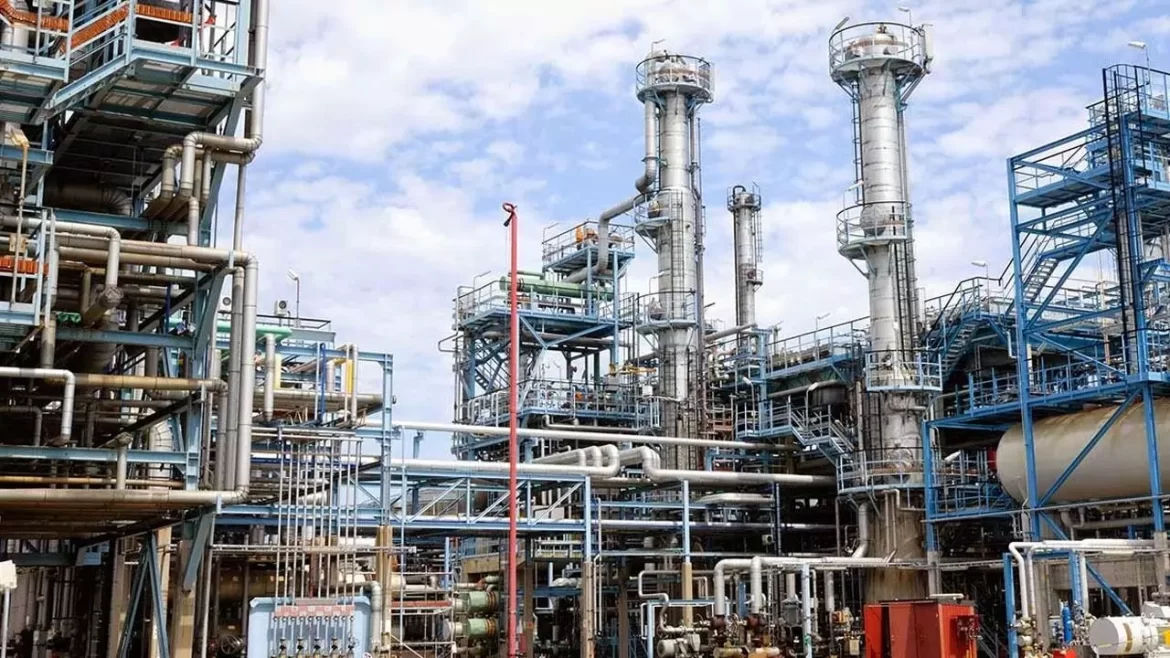The recently rehabilitated Port Harcourt Refinery, operational since November 26, 2024, has faced hurdles similar to those affecting Dangote’s refinery, with disputes over fuel pricing threatening its success.
Contrary to reports of halted operations, the facility had only scaled down to implement necessary improvements, according to Managing Director Ibrahim Onoja and Executive Director of Operations Moyi Maidunama of the Nigerian Pipeline and Storage Company Limited.
During a guided tour, Onoja emphasized that product distribution continues, albeit at a reduced capacity, with adjustments expected to enhance efficiency soon.
Despite this, the pricing dispute has emerged as a key challenge. Members of the Independent Petroleum Marketers Association of Nigeria (IPMAN) have voiced concerns over the Nigerian National Petroleum Company Limited’s (NNPCL) proposed pricing of Premium Motor Spirit (PMS) from the Port Harcourt refinery.
Reports indicate that NNPCL intends to sell gasoline at ₦1,030 per liter, roughly ₦60 more than the price at the Dangote refinery.
IPMAN spokesperson Chinedu Ukadike expressed frustration, arguing that a government-operated facility should not sell petrol at a higher rate than a privately owned one.
He noted, “If the Port Harcourt refinery’s PMS price is truly ₦1,030, we won’t buy from them. We’ll source fuel where it is cheaper.”
NNPCL has denied the reported price but declined to disclose current pricing details. Ukadike remains hopeful for a price review, stating, “They promised to review the price. For now, we’ll purchase from more affordable sources.”
While NNPCL has limited PMS distribution from the Port Harcourt refinery to its retail outlets, the plant’s rehabilitation has generated optimism about its potential to reduce gasoline costs and alleviate Nigeria’s high living expenses.
The Port Harcourt refinery, operational since 1965 but dormant for over a decade, was modernized with a $1.5 billion loan secured in 2021.
Alongside Dangote’s refinery, it now represents the backbone of Nigeria’s functional refining capacity.
The competition between these facilities is expected to influence market dynamics, potentially stabilizing fuel prices in Nigeria and easing economic pressures on its citizens.
![]()




